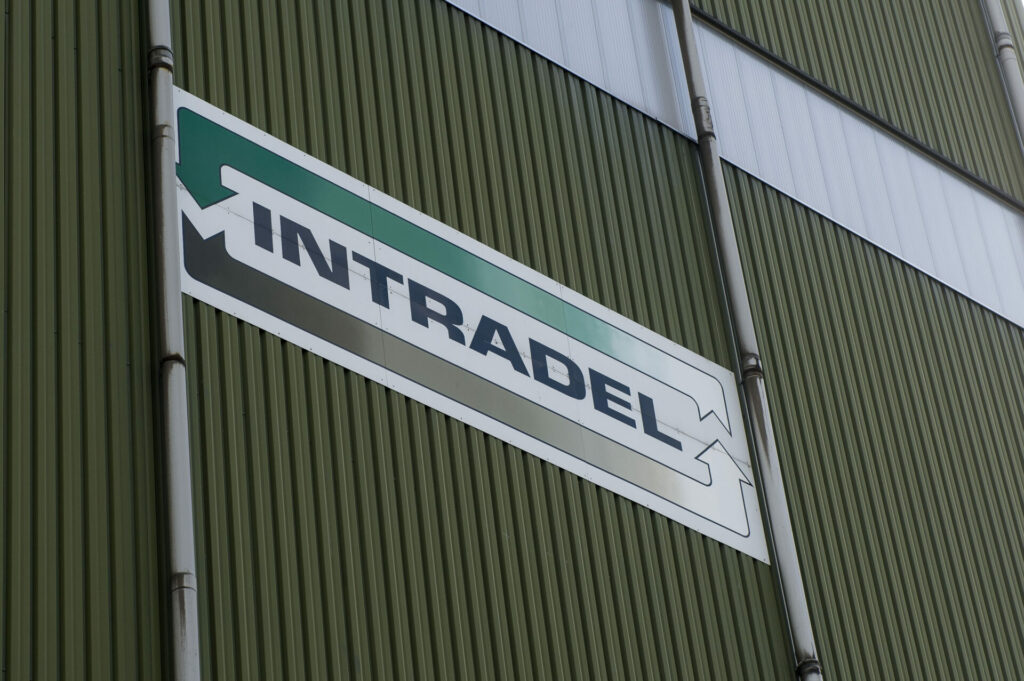Recycling centres owned by Walloon intermunicipal waste treatment company Intradel first opened their gates in Liège 30 years ago. Since then, annual visits have exploded to 1.8 million trips per year, reports Belgian broadcaster RTBF.
Mass recycling, a relatively novel concept until the 90s, first arrived in Liège in 1992 at Ivoz-Ramet. Now, recycling centres can be found in 49 locations across the Liège region alone.
When the first recycling centre opened its doors in 1992, it attracted just 160,000 visits per year. 30 years later, this has increased by over 1000%. The recycling centre collects 34 types of waste, compared to just 12 types when they first opened.
Furthermore, much larger quantities of waste are now successfully recycled or recovered. “30 years ago, more than 80% of the waste collected in recycling parks ended up in public landfills, less than 20% was recycled,” Vincent Legros, Intradel recycling manager, told RTBF.
In the space of 30 years, this statistic has improved considerably. Now, 95% of waste that arrives in the “recyparks” is either reused, recycled, or recovered for energy- burned for electricity or turned into biogas. Only 5% ends up in landfills.
Related News
- Brussels construction waste increases, along with recycling rates
- 'Economic and ecological disaster': Flanders grants permit for chemical plant project
The recycling centres have also undergone serious rebranding efforts. No longer garbage attendants, the assistants are now known as “eco guides.” Despite this, Intradel’s employees still complain of harassment and assault. Each year, 180 complaints are filed for assault or aggression against recypark staff.
“We sometimes receive insults, threats like ‘I’m going to wait at the exit, I’m going to break your face, attack your car, family,” laments Eric Lemineur, an Intradel worker who worked for the company since it opened its first recycling park in 1992. “It sometimes goes as far as physical aggression, jostling, grabbing.”
The parks also have to deal with repeated theft and vandalism. More than 1,000 cases are reported each year, despite fences and CCTV. Due to the high price of scrap metal, many break in to attempt to sell it elsewhere.
The level of household recycling in Belgium continues to improve year on year. Last year, 764,122 tonnes of glass, PMD, paper, and cardboard were collected across the county. 94.9% this was ultimately recycled. The new blue household recycling bags are credited with this significant increase.

